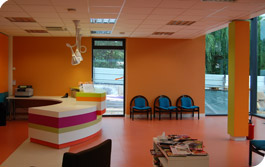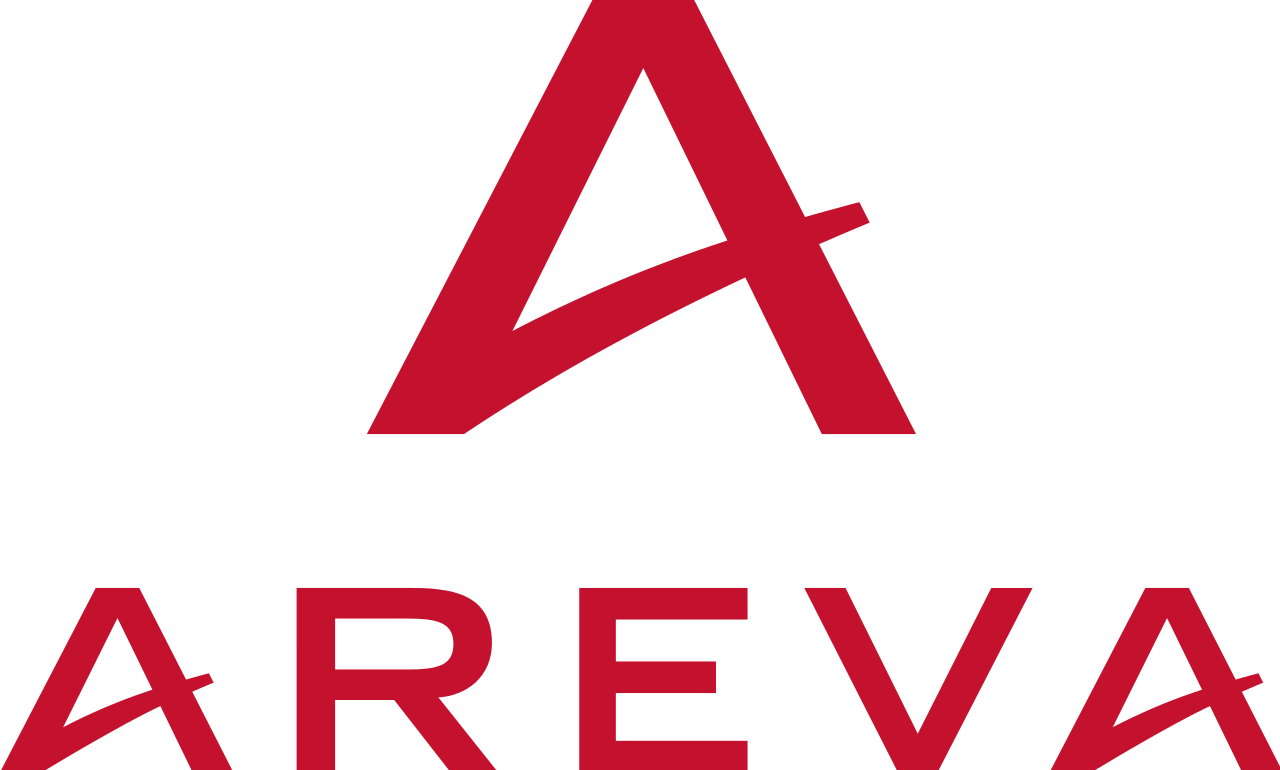
Since 2004, the AREVA Foundation has teamed up with the Curie Institute to support the development of proton therapy, a precision therapy to treat cancer.
The Foundation has just renewed its support to the Orsay Protontherapy Center and is funding the acquisition of:
- computer hardware and software for the treatment of medulloblastoma, one of the most common forms of tumors in children;
- a pediatric restraint system to increase the localization of tumors and improve the effectiveness of the complex proton beam craniospinal irradiation treatment.
Previously, the Foundation had helped equip the anesthesiology department and the recovery room for children and contributed to the acquisition of a medical imaging device and its cutting-edge computer equipment.
The proton therapy center has been completely renovated, a process that took nearly four years. The new center was inaugurated on December 2010 and can now receive up to 450 cancer patients per year, including about forty children.
Proton therapy is one of the more successful forms of precision radiation therapy. Since it was first used in Orsay in 1991, more than 5,000 patients have undergone the treatment, with very positive results.
Initially developed to treat eye and intracranial tumors, proton therapy is being used more and more worldwide for an expanding range of medical indications, in particular in pediatrics due to the lower risk of aftereffects from the treatment.
The Orsay Proton Therapy Center is part of the Curie Institute’s radiation therapy platform, currently one of the most comprehensive in Europe. It has a new-generation proton particle accelerator, and a new treatment room with an isocentric arm that can direct the proton particle beam around the patient has been added to the two existing rooms with fixed beam.
